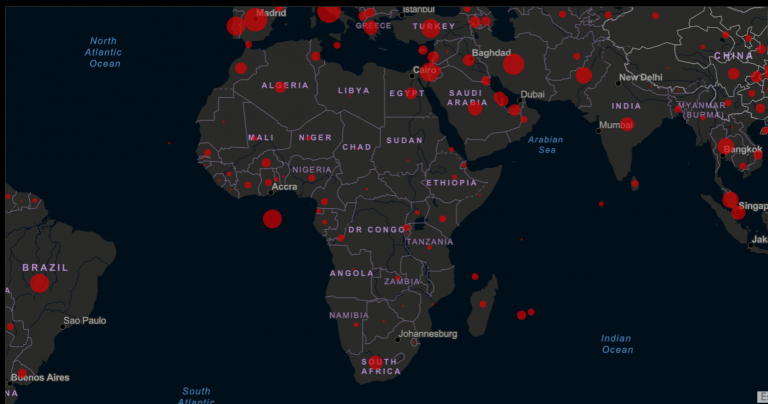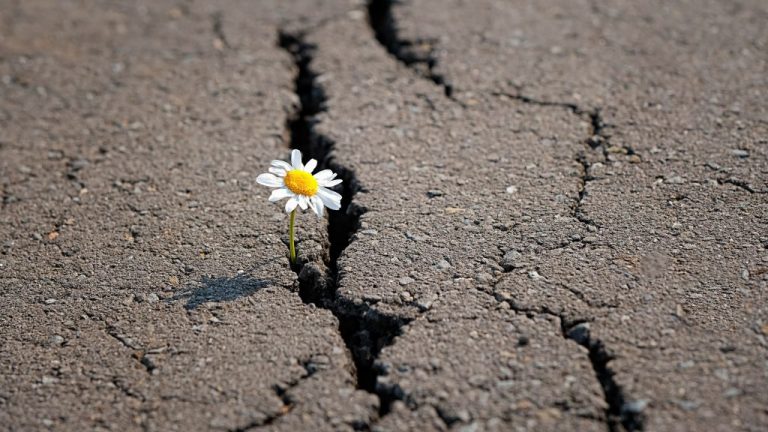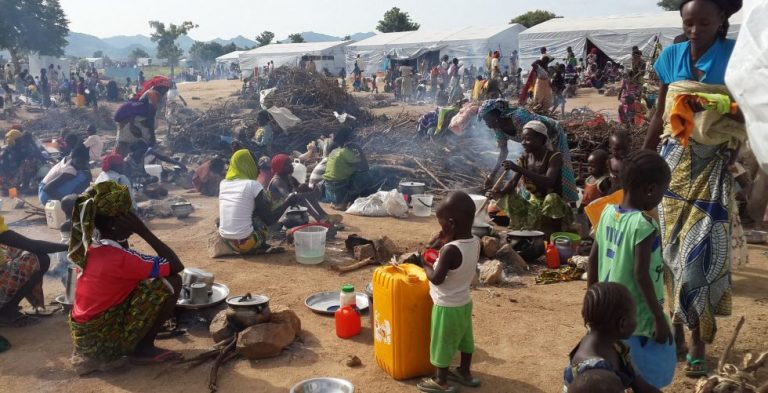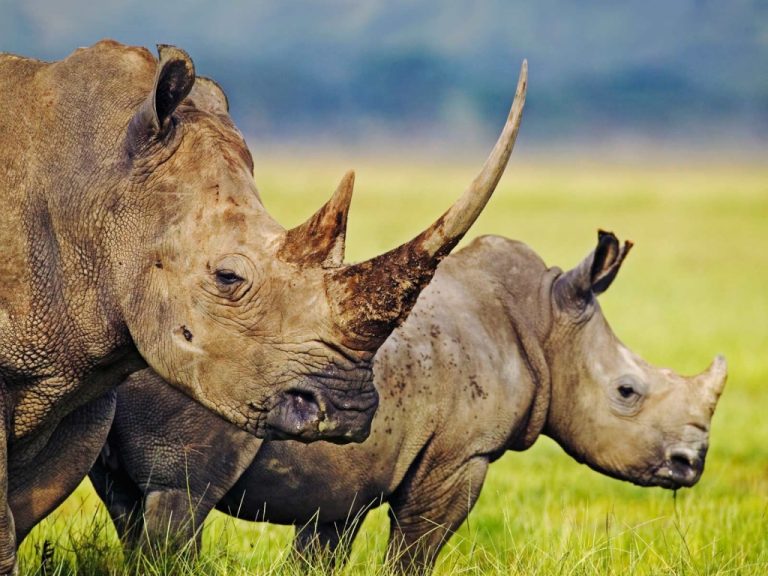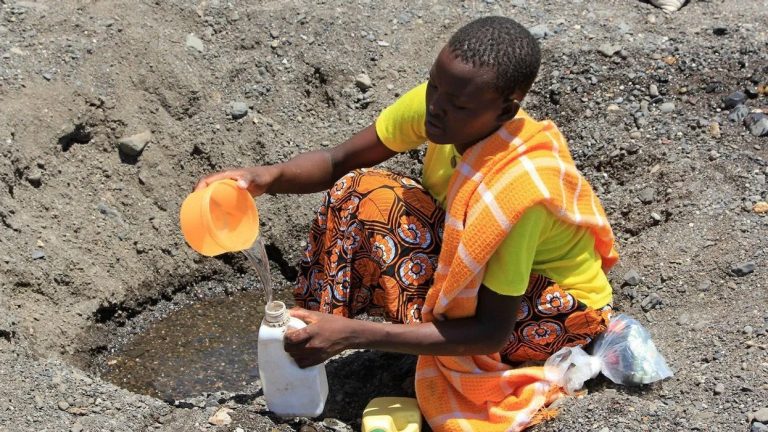Africa could lose between $90 billion and $200 billion this year as a result of the coronavirus wave that has rattled markets and shaken up lifestyles, McKinsey & Company warns in a new report.
Nigeria is particularly exposed and expected to take the hardest hit on the continent, followed by South Africa, according to the American consulting firm.
“Africa’s economies could experience a loss of between $90 billion and $200 billion in 2020,” McKinsey says in the report released on Friday.
Compared to the rest of the world, Africa’s case is unique in the context of the pandemic. To begin with, the continent is the most rapidly urbanising region in the world, but with equally high rates of urban poverty. At least half of urban population lives in slums with poor sanitary conditions, making it difficult to implement social distancing and hygiene in the fight against the contagious bug.
Next, Africa boasts the youngest population—the median age being 19. However, 80 million young people are trapped in vulnerable employment and a further 110 million being jobless.
Most hospitals on the continent are rickety with 0.25 doctors for every 1,000 people, compared to 1.6 in Latin America and 3 in rich countries. Africa also suffers from a low number of hospital beds—1.4 beds per 1,000 people.
“Given these constraints, African governments will need to be both targeted and creative in their response to the crisis. They will also need to foster intense and closely aligned collaboration with the private sector and development partners,” McKinsey says.
The extent of economic damage will depend on how fast the virus would be contained, alongside the effectiveness of safeguards in place and more importantly, the recovery measures rolled out in the post-pandemic era.
To arrive at the data, McKinsey modelled economic impacts for five countries—Angola, Kenya, Morocco, Nigeria, and South Africa—that represent approximately 50 percent of Africa’s gross domestic product (GDP).
Nigeria’s economic slide is forecasted to be most slippery. Based on leading indicators, Africa’s largest economy could lose between $20 billion and $ 40 billion this year as a result of a steep contraction.
“In the least worst-case scenario (contained outbreak), Nigeria’s GDP growth could decline from 2.5 percent to – (negative)3.4 percent in 2020—in other words, a decline of nearly six percentage points,” the report says.
“That would represent a reduction in GDP of approximately $20 billion, with more than two thirds of the direct impact coming from oil-price effects, given Nigeria’s status as a major oil exporter. In scenarios in which the outbreak is not contained, Nigeria’s GDP growth rate could fall to – (negative) 8.8 percent, representing a reduction in GDP of some $40 billion.”
South Africa, on the other hand, could suffer an economic erosion of between $10 billion and $35 billion this year from the Covid-19 blow.
“Under the contained-outbreak scenario, GDP growth could decline from 0.8 percent to – (negative) 2.1 percent. This would represent a reduction in GDP of some $10 billion, with about 40 percent of that stemming from supply-chain import disruptions, which will impact manufacturing, metals and mining in particular. There will also be major impact on tourism and consumption. However, as South Africa is an oil importer, this impact will be cushioned by lower oil prices,” McKinsey says in the report.
“In scenarios in which the outbreak is not contained, South Africa’s GDP growth could fall to – (negative) 8.3 percent, representing a loss to GDP of some $35 billion.”
With Kenya, the economy stands to shrink by five percent, representing a $10 billion (Sh1 trillion) loss of the country’s output if the deadly bug is not contained early enough.
“Under the contained-outbreak scenario, GDP growth could decline from 5.2 percent (after accounting for the 2020 locust invasion) to 1.9 percent—representing a reduction in GDP of $3 billion. The biggest impacts in terms of loss to GDP are reductions in household and business spending (about 50 percent), disruption to supply chain for key inputs in machinery and chemicals (about 30 percent) and tourism (about 20 percent),” the report says of Kenya’s situation.
“In scenarios in which the outbreak is not contained, Kenya’s GDP growth rate could fall to – (negative) 5 percent.”
Kenya has so far confirmed 110 cases of the deadly flu that has barrelled across the world, wreaking havoc.
McKinsey shares a raft of measures that could help soften the blow from the disease. The company says that Africa, be it through the African Union in collaboration with development partners could institute the following continental mechanisms:-
- Africa Recovery Plan. This would entail an extensive stimulus package or economic development plan, modelled on the Marshall Plan that provided aid to Europe following World War II.
- Africa Solidarity Fund. Businesses and individuals could contribute to a fund earmarked for immediate relief for the most vulnerable households and businesses.
- Private-sector liquidity fund. This could offer grants, loans or debt for equity swaps to support businesses and limit job losses.
- African procurement platform. A common platform to procure medical supplies and equipment to combat the pandemic could provide an Africa-wide solution to challenges that each individual country is trying to address.
- Africa Green Program. A get-to-work program that plants billions of trees across the continent, using the currently out-of-work labor force, could provide employment and help solve global and local climate-change issues.
On the other hand, with respect to each African country, the respective governments could roll out the following:-
- Set up national nerve centers. Governments, with the close involvement of the private sector and other key stakeholders, need to take rapid action to set up or build out national nerve centers to coordinate and accelerate their response to the crisis. These nerve centers should bring together crucial leadership skills, organizational capabilities, and digital tools— giving leaders the best chance of getting ahead of events rather than reacting to them
- Anticipate and manage the health crisis. Governments will need to take even stronger measures to delay and reduce the peak of the epidemic—including more intensive social distancing through mobility restrictions and lockdowns as well as larger-scale surveillance to test and isolate identified cases. In parallel, governments must immediately prepare for a potentially rapid surge of cases, which will demand significant numbers of testing facilities, hospital beds, ventilators and other medical equipment, as well as additional health professionals.
- Secure food supply and essential services. Governments need to secure food supply chains, particularly the supply of priority products—and ensure the appropriate pricing of these products. They will also need to ensure that access to essential services such as telecoms and utilities is maintained.
- Ensure support for most vulnerable populations. This includes taking measures to protect jobs and to support affected communities, particularly the most vulnerable populations, through social safety-net mechanisms—including cash transfers.
- Anticipate and manage the impact on the economy. Governments need to anticipate what the impact on their economy is likely to be through scenario analysis and offer a short-term stimulus package to maintain financial stability and help businesses survive the crisis—particularly those in strategic industries.
The private sector too has a key role to play amid this crisis, according to McKinsey and they are expected to:-
- Protect workforces. The focus here is to guarantee continuation of employment in a safe working environment; adjust to shift or remote work with the required tools; and preserve the employees’ health through safe working facilities and strict isolation of suspected cases.
- Stabilise supply chains. Companies need to guarantee business continuity through transparent supplier engagement, demand assessment and adjustments of production and operations.
- Engage customers. Companies can hone their crisis communication and identify changes in key policies, ranging from guidelines to guarantee social distancing, to waivers of cancellation and rebooking fees.
- Stress-test financials. Companies need to develop and assess relevant epidemiological and economic impact scenarios to address and plan for working capital requirements. They will also need to identify areas for cost containment across the business.
Read also: Hydrogen Fuel To Drive Out Oil


